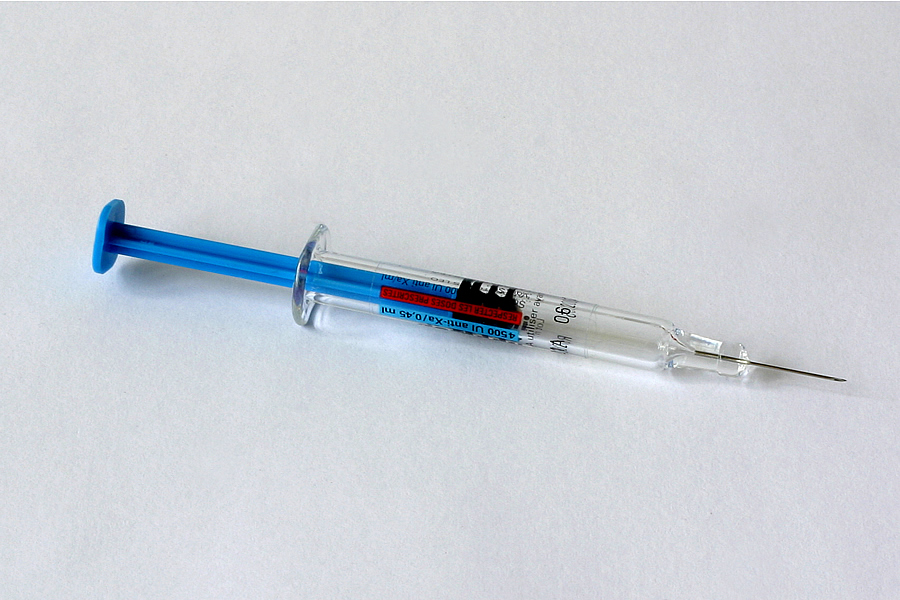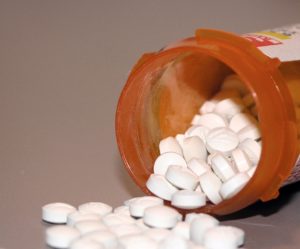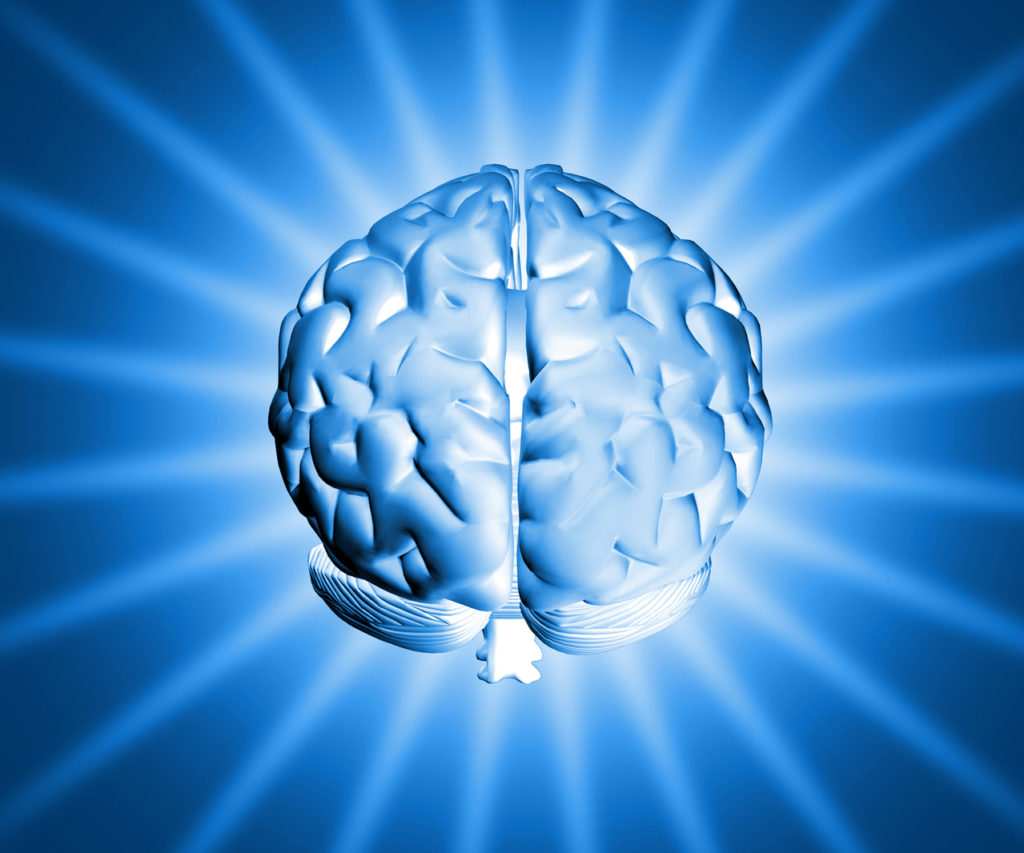I mentioned in a recent post how eating organic food has made a big difference in our family’s health, and I wanted to go into more detail about that. In the past two years, I have had only one mild illness, over in two days, and the boys have each had only two mild illnesses. I used to have spring allergies so bad that I would need to be on Claritin-D for two months straight. Not since I started eating organic food. My nose still gets a little itchy and I sneeze a bit, but at least I can breathe at night. I have not experienced any major congestion in two years.
The great thing about organic food is that you don’t have to buy everything organic to notice the benefits. All you have to do to get started is to look at what you consume every day and choose one of those items and buy it organic. For me, I almost always have cold cereal and milk for breakfast. So do my sons. We started drinking organic milk and noticed the difference right away. For one thing, it tastes so much better than non-organic, somehow fresher and more flavorful. I switched my cereal to an organic brand, and Nigel’s also. (Aidan is addicted to his Crispix. He’s an even pickier eater than Nigel.)
Next I looked at what else we eat a lot of in our house: fruit. Both boys eat apples every day, so I started buying organic apples. Yes, they are more expensive, but our health is worth it. And neither of the boys got sick at all until almost a year later, when the next school year started. A nasty flu was going around, but they were only down for two days. And I didn’t get sick at all.
I started buying more organic fruit, yogurt, eggs, and tried some organic meat. Words can’t accurately describe how much better it all tastes. I’m not saying that I’ll never go back to non-organic. On the contrary – I would say that at this point the percentage of my diet that is organic is probably only half, or less than half. I’m not the type of guest at a potluck who passes up a great-looking dish because it’s non-organic. And on the rare occasions I eat out, I don’t ask if anything’s organic. Eating organic isn’t like being a vegetarian or vegan – it’s not all or nothing, unless you want it to be. Another great thing about organic food is that it cuts out all the chemicals – the artificial colors, flavors, sweeteners, and preservatives present in most non-organic food that can be so detrimental to the functioning of an autistic person, as I mentioned in my previous post.
Try switching to organic even for just one or two items that you eat on a regular basis. It’s definitely worth the effort.



